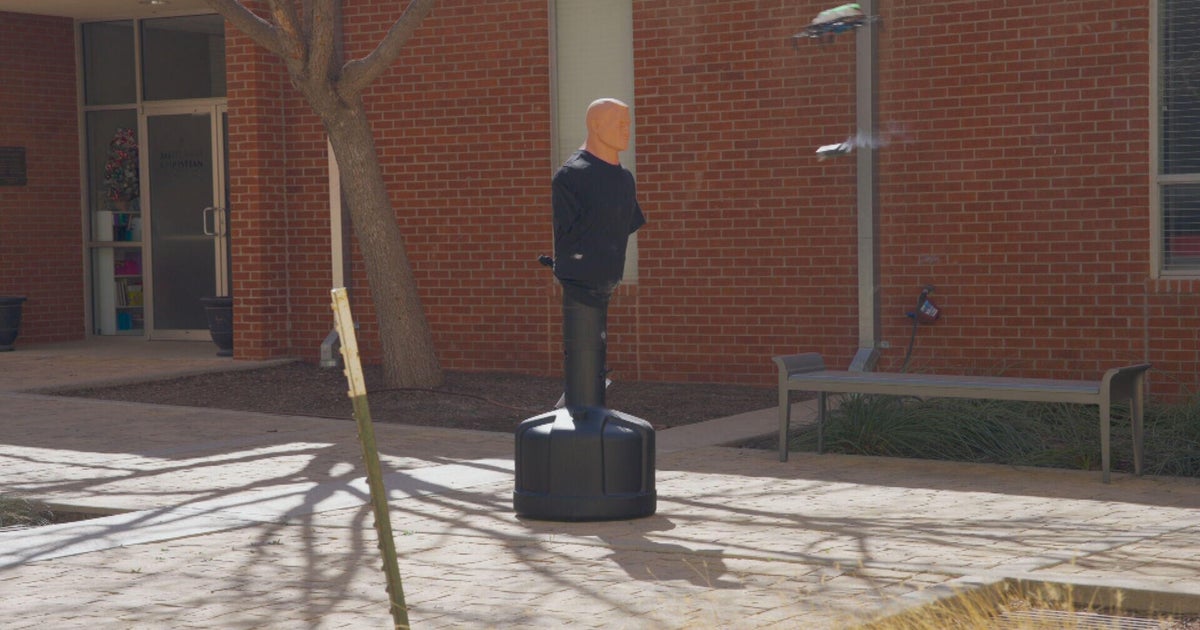Colorado Schools Explore Cutting-Edge Drone Technology for Enhanced Safety and Active Shooter Response

In a proactive move to bolster school safety, Colorado districts are exploring the potential of advanced drone technology to address the alarming threat of active shooters. This innovative approach, detailed by a leading drone solutions provider, offers a rapid response capability and enhanced situational awareness that traditional security measures often lack.
The current landscape of school safety necessitates a shift towards more dynamic and technologically advanced solutions. While existing protocols like lockdowns and security personnel remain crucial, they often struggle to provide real-time intelligence and immediate response during a crisis. Drones, equipped with high-resolution cameras, thermal imaging, and potentially even audio capabilities, present a unique opportunity to bridge this gap.
How Drones Can Enhance School Safety:
- Rapid Threat Assessment: Drones can quickly survey a school campus, identifying the location of an active shooter and providing real-time video feeds to law enforcement. This significantly reduces response times and allows for more informed decision-making.
- Enhanced Situational Awareness: Equipped with thermal imaging, drones can detect individuals hiding or injured, even in low-light conditions. This is invaluable for search and rescue operations following an incident.
- Perimeter Security: Drones can patrol school grounds, identifying suspicious activity and potential threats before they escalate. Scheduled patrols or on-demand deployment can enhance overall security posture.
- Communication Relay: In areas with poor cell service, drones can act as communication relays, ensuring that first responders and school officials can maintain contact during a crisis.
- Post-Incident Investigation: Drones can be used to document the scene after an incident, providing valuable evidence for investigations and future safety planning.
Addressing Concerns and Ethical Considerations:
While the potential benefits are significant, the implementation of drone technology in schools is not without its challenges. Concerns regarding privacy, data security, and potential misuse must be addressed proactively. Clear policies and protocols are essential, including:
- Transparency: Schools must be transparent with parents, students, and the community about the use of drones and the data collected.
- Data Security: Robust security measures must be in place to protect sensitive data from unauthorized access.
- Training: Personnel operating the drones must receive comprehensive training in flight operations, data handling, and ethical considerations.
- FAA Compliance: All drone operations must comply with Federal Aviation Administration (FAA) regulations.
The Future of School Safety:
The integration of drone technology into school safety plans represents a significant step forward in protecting students and staff. As the technology continues to evolve and become more affordable, we can expect to see wider adoption across the country. Coupled with ongoing training, robust policies, and community engagement, drones can be a powerful tool in creating safer and more secure learning environments. This proactive approach demonstrates a commitment to prioritizing the well-being of students and providing a swift and effective response to potential threats. The key lies in responsible implementation and a focus on collaboration between schools, law enforcement, and technology providers.





